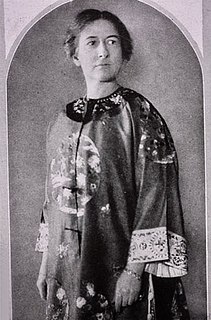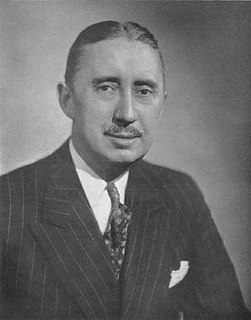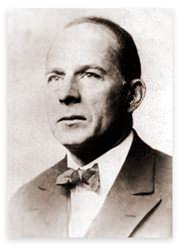A Quote by August Wilson
The impulse to write the poem, that impulse is a great dramatic impulse. But hell, anybody could write a play. I do know this: all writers are not dramatists. You may be a great writer, but that doesn't necessarily mean you're a dramatist. Very few people have done both.
Related Quotes
The point really is that a writer tends to write a book that he or she tends to write. It's as simple as that. Of course, it's important to make a living and all that, but the main impulse as far as I'm concerned - and I'm sure as other writers are concerned - is to tell a story that I feel impelled by.
The desire to be liked is acceptable in real life but very problematic in fiction. Pleasantness is the enemy of good fiction. I try to write on the premise that no one is going to read my work. Because there's this terrible impulse to grovel before the reader, to make them like you, to write with the reader in mind in that way. It prevents you doing work that is ugly or upsetting or difficult. The temptation is to not be true to what you want to write and to be considerate or amusing instead. I'm always trying to fight against the impulse to make my readers like me.
I could never write about the sort of people John Cheever or John Updike or even Margaret Atwood write about. I don't mean I couldn't write as well as they do, which of course I couldn't; they're great writers, and I'm no writer at all. But I couldn't even write badly about normal, neurotic people. I don't know that world from the inside. That's just not my orientation.
I'm competing with everyone, but it's okay because they're not aware. I can't shut that impulse off. And I'm glad, because that impulse keeps me on the treadmill. If I didn't have it, I would be like, "Great! Ten minutes! I'm good." But if I'm competing, I can see what level someone's on and I can top it.
I guess the thing I would say most fervently is that your original impulse to write something is an impulse you should trust, and that if it doesn't work on the first draft, which it hardly ever does, the commitment to revising ought to be something you embrace really early. And to revise and revise and revise.
Habit must play a larger place in our religious life. We worship when we feel like it, we pray when we feel like it. We read the Bible when we feel like it. Leaving our religious exercises to the promptings of impulse, we become creatures of impulse rather than soldiers of Christ. An army made up of creatures of impulse would be only a mob. So is a church.






































